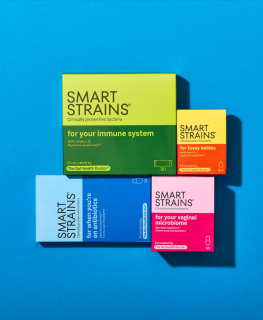When it comes to choosing which oils to use in your cooking, in terms of research into health benefits, extra virgin olive oil (EVOO) is hands down the winning oil.
It’s loaded with beneficial plant chemicals (polyphenols and other phytochemicals), and several trials support the wide-ranging health benefits – including for your heart, brain and gut health. For a comprehensive summary of the health benefits of EVOO see here.
Despite the myths, research shows high-quality EVOO was more stable in-home cooking (around 180°C) than other oils including sunflower, canola and coconut oil. That’s thanks to its high antioxidant levels, which protects the fat from breaking down.
One trial even found that when people cook tomatoes with olive oil, it results in more lycopene (another beneficial plant chemical) in their blood.
Why? The olive oil is thought to help our body better absorb the lycopene – which is linked to improving your skin’s defence against the sun, better heart health and lower risk of prostate cancer.
What about other olive oils, are they just as good?
Just like wine, there are different grades, from extra virgin (the highest grade with high levels of antioxidants and beneficial plant chemicals called polyphenols), to refined and blended olive oils. Some refined olive oils have been shown to contain trans fats (you don’t want these in your diet), as well as lower in antioxidants and flavour. The process of ‘refining’ involves high heat, high pressure and chemicals. Whereas EVOO is minimally processed, it’s literally the juice ‘squeezed’ out of the olive flesh!
You might also see ‘Extra Light’ and ‘Pure’ in some places, but in fact these terms aren’t allowed by many countries’ standards, as they can be pretty misleading. ‘Extra Light’, for example, means refined olive oil – not lighter in calories.
I recommend always going for extra virgin olive oil where you can – I use it in all my cooking & in my recipe for Bio&Me granola too! I totally appreciate EVOO costs more than other oils, and while I’m always up for a bargain, making EVOO is an unavoidably expensive process, so if it’s being sold for really cheap, it’s likely it’s not the real deal. In fact, there has been quite a lot of controversy around EVOO recently with several companies called out for selling fake EVOO.
So how can you tell if it’s the real thing?
Look out for the LOT number and harvest date on the bottle. This ensures the product is traceable to the farm and crop and although it’s not a 100% guarantee, it certainly increases the likelihood that it’s legit. Depending on how much you use, buying EVOO can certainly make it more affordable.
For Bio&Me granola, we source it from a company in Spain where they test for authenticity 7 times per year. And yes, hunting down our EVOO was certainly not an easy process, but certainly worth it for a quality product.

Introduction to Olive Oil: Grades of Olive Oil, from The Olive Wellness Institute.














